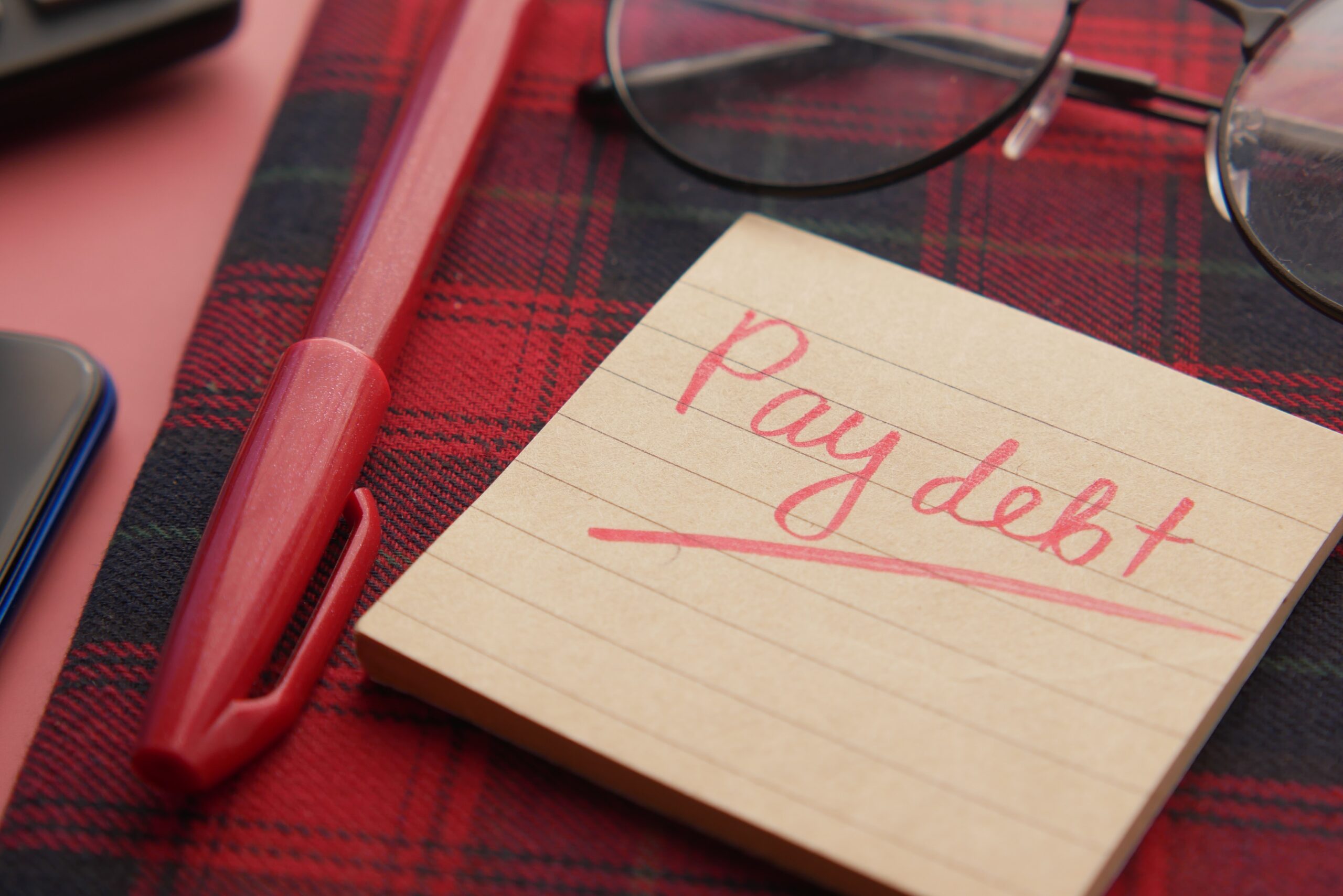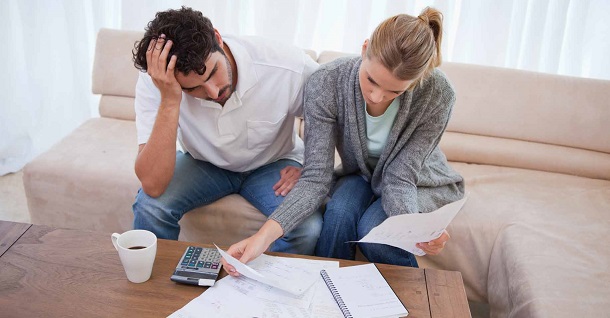
Debt happens to the best of us but if you find yourself with several different types of debt then working out what to pay off first can be particularly daunting. Getting rid of your debts through repaying your lenders is hard work and takes a significant amount of time to do.
The vast majority of people have some sort of debt, whether that be in the form of a credit card, mortgage, a loan or else an arranged overdraft. So it’s fair to say that you are not alone in your plight to rid yourself of unwanted debt. While some debts are easy enough to pay off, with their low-interest rates and affordable monthly repayments, others are less simple and unfortunately can lead to financial difficulties if they are not approached in the right way.
Focusing your attention on your debts and being able to determine which you should pay off first is very important in terms of managing your debt and making sure that it doesn’t spiral out of control.
If you have a number of debts to pay off, put off saving money while you see to them. While the idea of having money put to one side for whenever you might need it is incredibly appealing, the interest added to your savings will be much less than the interest being added to any outstanding debt. Pay off the debts now and save your pennies later.
Which debts should be my priority?
Naturally, your priority debts should be the ones that can leave you in severe difficulties if they are held in arrears. Debts such as your mortgage are of the highest priority as defaulting on your mortgage payments will likely leave you in the position where bailiffs repossess your home.
Additionally, any loans that have been taken out against the value of your home are equally as important in terms of repayment scheduling – as is the case with defaulting on mortgage repayments, missing payments on loan held against the value of your home could leave you at serious risk of having it repossessed.
While ensuring that you keep on top of paying off your store and credit cards is important, the consequences will be much less severe than if you got behind on your mortgage repayments. That isn’t to say that you should forget about paying off your credit cards. Keeping on top of credit card repayments is one way of forging a good credit rating and leaves you open to further opportunities to access credit options in the future.
If you have debts in a number of different places, it may well be possible to consolidate your debts to one place. This not only ensures that you don’t miss any repayments but can also make your repayments less each month, especially if you use a 0% interest balance transfer credit card to consolidate. This consequently lowers the interest payments each month, meaning you are paying off more of the actual debt and not just covering the added interest fees.
When prioritising debt, the size of your debt can also be a significant factor to consider. Smaller debts may carry higher interest rates, meaning that they can amount to much more than larger, low-interest debts if they are left unpaid for long periods of time. Clearing off higher interest debts more quickly will leave you with the financial freedom to tackle more substantial, low interest debts at a later date.
What can I do if I’m struggling to keep up with repayments?
Brushing your debts to one side in an effort to forget about them will only cause further problems for you and leave you in a situation where you are unable to make your regular repayments. If you find that you’re struggling to keep on top of your debt repayments, then there are a number of free organisations out there to offer free debt advice to help you manage your debts.
Some financial advisors charge their clients for advice. While this may give the impression of better advice, paying for information when you are in a negative financial situation will only add to your difficulties. Make sure you take full advantage of organisations that provide a free financial advice service – they are qualified and experienced and will be able to help you find a resolution to any problems you may have. Getting into more debt through paying to sort out your finances will do you absolutely no good.



